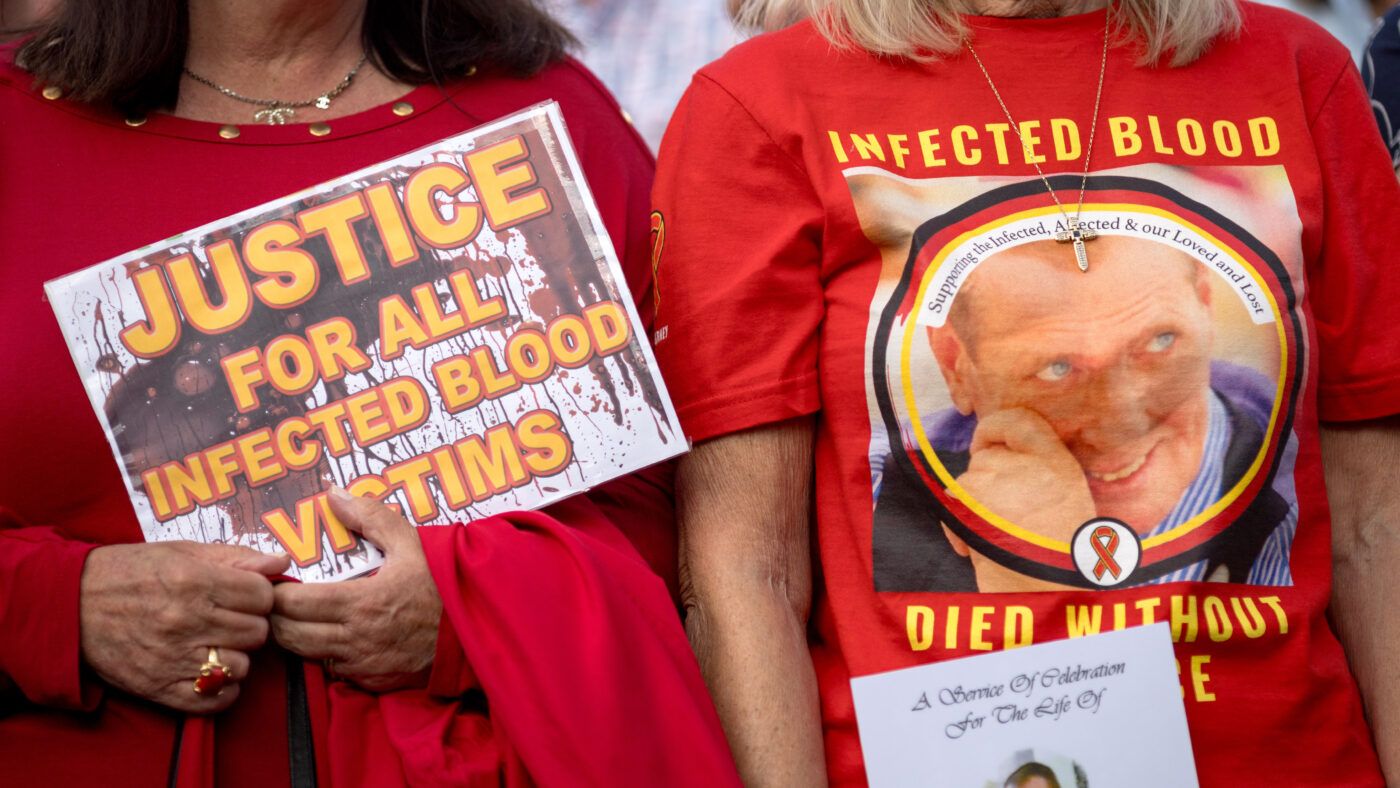At the very heart of deciding how we are governed is a fundamental tension between concentrating power sufficiently that it can be used effectively, and ensuring that the exercise of that power is properly, if not restrained, at least policed.
Separate powers too widely, build in too many ‘checks and balances’, and the machinery of government (or any other organisation) grinds to a halt; allow power to be wielded without scrutiny or accountability, and it will be abused.
Here in the United Kingdom, we historically resolved that tension with our adversarial politics. Parliament is absolutely sovereign, but it contains within itself both a scrutinising chamber and an Official Opposition, whose whole task is laying bare the government’s failings whenever it can.
Out in the private sector, the concentration of power is also checked in various ways. We have competition between firms, controls and limits on mergers and monopolies, and various regulators. Moreover, politicians are not averse to sticking the boot into a badly-behaving private firm.
Yet two recent scandals – the postmasters and, now, infected blood – suggest that there is a real problem in the borderlands between the two. Both the Post Office and the National Health Service are state institutions, and enjoy the privileges that entails. Yet neither contains anything resembling an ‘official opposition’, nor do politicians reliably fulfil that function.
As a result, both have been able to perpetrate decades-long coverups, with the active or tacit collusion of the Civil Service and successive governments of all the parties.
None of the key findings of Sir Brian Langstaff’s report are remotely implausible, once they’re stated. A patrician, doctor-knows-best attitude that meant patients weren’t informed about the risks of treatment? Check. Ministers preferring to look the other way rather than face the expense and scandal of the truth being known? Check.
Civil servants ‘drafting unqualified statements’ for ministers and prime ministers, giving false reassurance to the public? One thinks of Amber Rudd, forced to resign as Home Secretary after repeating to a select committee false information prepared by her officials. A ‘defensive closing of ranks’ in the NHS? The sub-postmasters know well how it feels to be on the wrong end of that.
Even the root cause of the problem is depressingly familiar. For decades, right up until 1990, the United Kingdom was not self-sufficient in blood treatments and was dependent on imports from the United States, where manufacturers paid donors – including high-risk donors.
We might have achieved self-sufficiency faster if Britain allowed blood donors to be paid. But even now, we still don’t. Just last week, NHS Blood and Transplant announced £600,000 of funding to address a shortage of donations from ethnic minority donors.
But instead of using this cash to pay donors – surely the most effective means of addressing the shortfall – it is instead earmarked to fund ‘projects led by community, faith, or belief organisations to inspire greater awareness and support for donation’. More jobs for the third sector, less blood for the sick.
We already pay a fairly steep price for the NHS, in terms of actual health outcomes – even reports designed to declare it the best outcome in Europe concede it isn’t so good at ‘keeping people alive.’ The infected blood scandal is another part of that same story.
If we had a more diverse range of healthcare providers, we would not have had a single point of failure such as a single, national import policy on overseas blood. Had a private company opted to import dangerous stock from the United States, ministers and regulators would not have hesitated to rake them over the coals.
Instead, we have concentrated vast power in the NHS, both as a near-monopoly provider of healthcare (especially to people on lower incomes) and, in this case, a near-monopsony buyer of medical imports. It has great leeway to abuse whistleblowers because it employs such a huge share of our health workforce, and the great tolerance for poor performance that usually accompanies the absence of competition.
All of that is compounded by a deferential, if not worshipful, attitude on the part of many members of the public and, less forgivably, the ministers and officials who are supposed to scrutinise it. The efforts of groups such as the Maternity Safety Alliance, founded by Emily Barley, a personal friend, highlight the extraordinary effort it takes to hold the health service accountable even for something as terrible as a preventable infant death.
Something has to change. There are better ways to deliver universal healthcare, models which maintain public funding and universal provision but don’t rely on a monopoly provider.
Failing that, the NHS needs its own version of an official opposition – something like the Internal Affairs department at a US police force, a structural antagonist tasked with policing the rest of the organisation and dragging its failures into the cold light of day.
Click here to subscribe to our daily briefing – the best pieces from CapX and across the web.
CapX depends on the generosity of its readers. If you value what we do, please consider making a donation.


